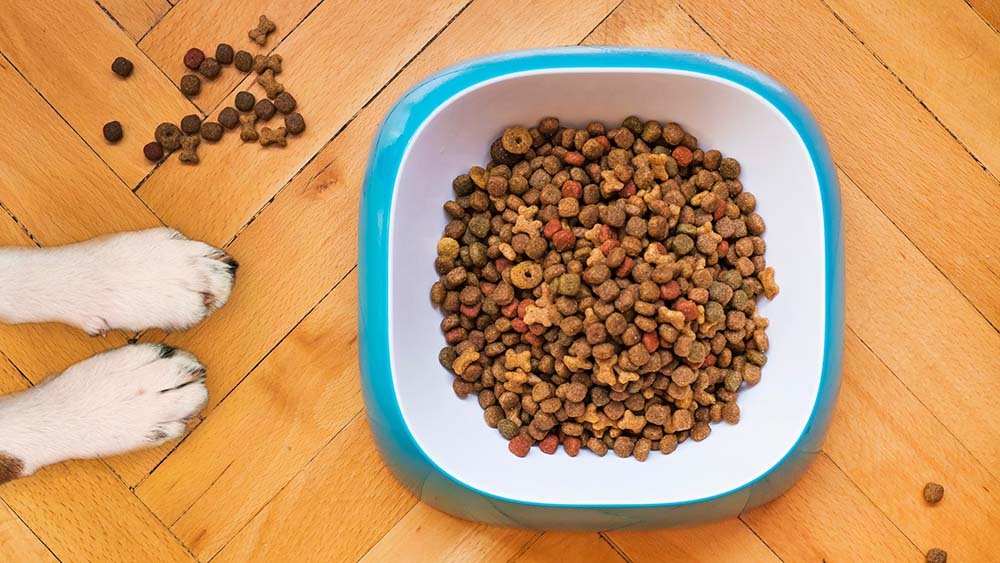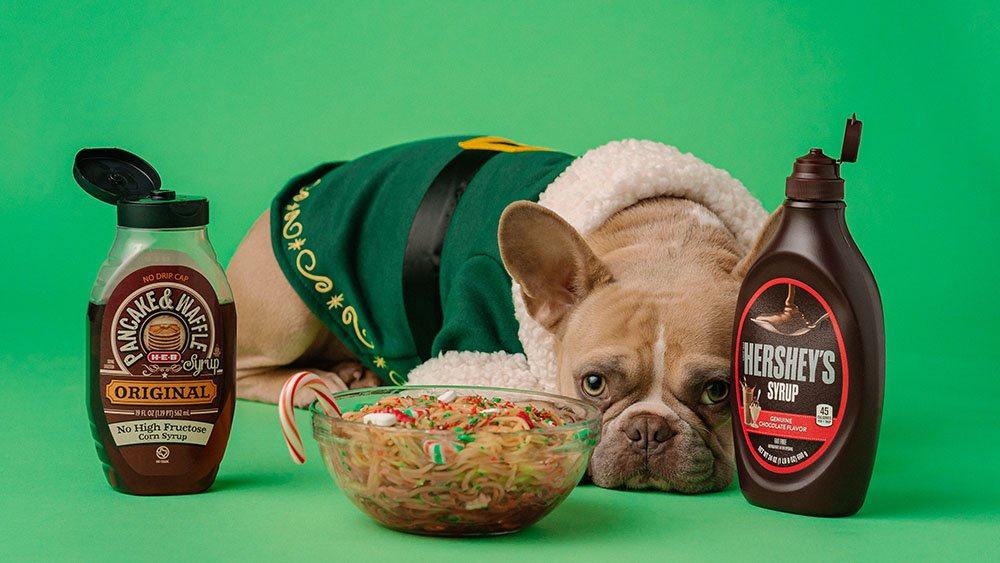As a dog owner, you want to do everything you can to make sure your furry friend is healthy and fit. Fortunately, there are some simple things you can do to help them achieve this. One of the most important things is feeding them the right food.

There are a few general guidelines you should follow when choosing food for your dog. First, make sure the food is complete and balanced. This means it should contain all the nutrients your dog needs in order to be healthy. Second, choose a food that is appropriate for your dog’s life stage. Puppies, for example, need a different type of food than adult dogs.
Beyond those general guidelines, there are certain foods that can help keep your dog healthy and fit specifically. For example, omega-3 fatty acids are great for dogs’ skin and coat health, as well as their joint health.
The Benefits Of A Healthy Diet For Dogs
A healthy diet is important for dogs of all ages. Puppies, for example, need a diet that is rich in nutrients to support their growing bodies. Adult dogs need a balance of proteins, fats, and carbohydrates to maintain their energy levels and healthy weight. Senior dogs may benefit from a diet that is easier to digest and contains fewer calories.

There are many health benefits that come from feeding your dog a healthy diet. A nutritious diet can help keep your dog’s coat shiny and lustrous, support strong bones and muscles, lead to better digestion, and provide essential vitamins and minerals. A healthy diet can also help boost your dog’s immune system, making them less susceptible to illness and disease.
If you are unsure about what kind of food to feed your dog or how much to feed them, speak with your veterinarian.
The Best Food Choices For A Healthy Dog Diet
A healthy diet for dogs includes plenty of protein, moderate fat, and limited carbohydrates. The best sources of protein for dogs are lean meats such as chicken, turkey, fish, and eggs. Fat should come from unsaturated sources such as olive oil and canola oil. Carbohydrates should be limited, but they can come from healthy sources such as sweet potatoes, rice, and oats.

When it comes to dog food, quality is just as important as quantity. Look for foods that are made with natural ingredients and free of preservatives and fillers. Also, be sure to choose a food that is appropriate for your dog’s age, weight, and activity level. For example, puppies need more calories than adult dogs, and active dogs need more calories than sedentary dogs.
Feeding your dog a healthy diet will help keep them fit and active throughout their life.
How To Create A Healthy And Balanced Meals For Your Dog
When it comes to feeding your dog, you want to make sure you are providing them with a balanced and healthy diet. This means including all of the essential nutrients that they need for their overall health and well-being. Here are some tips on how to create healthy and balanced meals for your dog:
1. Include all of the essential nutrients. Just like humans, dogs need a balance of proteins, fats, carbohydrates, vitamins, minerals, and water in their diet. Make sure you are including all of these nutrients in their meals.
2. Feed them according to their activity level. Active dogs will need more calories than less active ones. Make sure you are adjusting their food intake accordingly.
3. Avoid processed foods. Stick to whole, natural foods as much as possible.
4. Introduce new foods slowly. It is best to introduce one new food at a time so you can monitor their reaction to it.
5. Avoid high fat/high sugar foods. These are not healthy for your dog.
6. Keep an eye on the ingredients list. Avoid foods with by-products, fillers, artificial colors or flavors, and anything else you do not recognize as a food ingredient.
7. Portion their food. Make sure their food is the right consistency for your dog’s breed and size.
8. If your dog is on medication, do not feed them human food that may interact with their medicine or cause an adverse reaction.
9. Avoid feeding your dog turkey, bacon or other fatty meats. Fatty meats can cause health problems for dogs, including pancreatitis and obesity. Instead, opt for leaner meats like chicken or fish.
10. Do not feed your dog milk or milk products. Dogs are lactose intolerant, which means they can’t digest lactose, the sugar found in milk. When dogs consume lactose, they can experience stomach pain, diarrhea, bloating, and gas. In severe cases, it can even lead to life-threatening dehydration.
The Importance Of Portion Control When Feeding Your Dog
When it comes to feeding your dog, portion control is important. Just like with humans, dogs can become overweight if they eat too much. This can lead to health problems such as diabetes, joint pain, and respiratory issues.

You should consult with your veterinarian to determine how much food your dog needs based on their weight and activity level. Once you know the appropriate amount, be sure to stick to it and don’t overfeed them. You can use a measuring cup or weighed portions to make sure you’re giving them the right amount at each meal.
In addition to portion size, it’s also important to choose healthy food options for your dog. Avoid processed foods and those high in sugar and fat. Instead, opt for fresh, whole ingredients that will help keep your dog fit and healthy.
In Conclusion,
Feeding your dog healthy food is one of the best things you can do for their overall health and fitness. It is important to do your research and find out what ingredients are in your dog’s food, and to make sure they are getting the right amount of exercise. By following these simple tips, you can help your dog stay healthy and fit for years to come.






